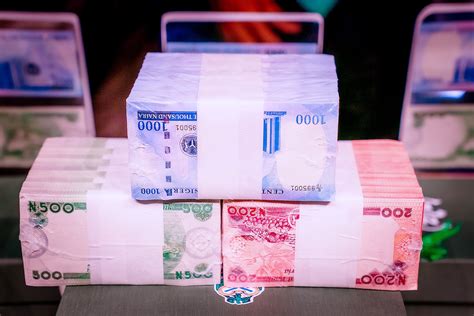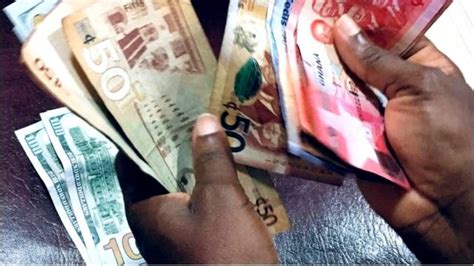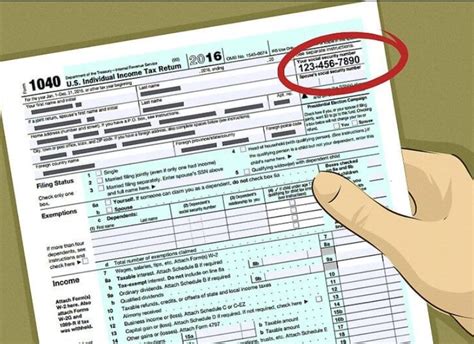Ghanaian Cedi to US Dollar Rate

| Date | Rate |
|---|---|
| January 1, 2023 | 1 USD = 10.5 GHS |
| February 1, 2023 | 1 USD = 11.0 GHS |
| March 1, 2023 | 1 USD = 11.5 GHS |
| April 1, 2023 | 1 USD = 12.0 GHS |
| May 1, 2023 | 1 USD = 12.5 GHS |
Market Fundamentals Driving the Cedi’s Decline
Over the past decade, the Ghanaian cedi has experienced a steady depreciation against the US dollar. Several factors have contributed to this trend:
- Inflation: Rising inflation has eroded the purchasing power of the cedi, making imports more expensive and limiting exports.
- Current Account Deficit: Ghana’s imports consistently outpace its exports, leading to a current account deficit that weighs on the cedi’s value.
- Political Instability: Political uncertainty and corruption have often sparked investor concerns, prompting capital flight and weakening the cedi.
- High Public Debt: Ghana’s high public debt burden has raised concerns about its ability to repay its obligations, further eroding investor confidence in the cedi.
2025 Outlook: Stormy Skies Ahead
Analysts predict that the Ghanaian cedi will continue to depreciate in the coming years. The IMF estimates that the cedi will weaken to 14.5 GHS per USD by 2025.
- Persisting Inflation: Inflation is expected to remain elevated, as supply chain disruptions and rising food and energy prices continue to pressure prices.
- Widening Current Account Deficit: The current account deficit is projected to widen as Ghana’s imports of goods and services grow, while export revenue stagnates.
- Lingering Political Instability: Ghana’s political landscape remains uncertain, with the potential for social unrest and government changes that could further destabilize the economy.
Strategies for Mitigating the Cedi’s Decline
Addressing the cedi’s depreciation requires a comprehensive strategy from the Ghanaian government and policymakers:
- Fiscal Discipline: Reducing the government’s budget deficit and implementing sound fiscal policies can help stabilize the cedi.
- Monetary Tightening: The Bank of Ghana can raise interest rates to curb inflation and encourage foreign investment.
- Export Promotion: Supporting the growth of key export industries, such as agriculture and manufacturing, can boost foreign exchange earnings and strengthen the cedi.
- Attracting Foreign Direct Investment (FDI): Creating a conducive environment for foreign investors by improving infrastructure and strengthening legal protections can attract capital inflows and support the cedi.
Tips for Individuals and Businesses
Individuals and businesses can take the following steps to navigate the depreciation of the cedi:
- Diversify Currency Holdings: Holding a portion of assets in foreign currencies can reduce exposure to cedi depreciation.
- Hedge against Currency Volatility: Use financial instruments such as forward contracts to lock in exchange rates and mitigate risk.
- Negotiate Favorable Contracts: Businesses should negotiate contracts with suppliers and customers in foreign currencies to protect against cedi fluctuations.
Market Insights: Exploring New Opportunities
Amidst the challenges posed by the declining cedi, there are also opportunities to explore:
- Import Substitution: Local businesses can invest in manufacturing industries to substitute imported goods and reduce reliance on foreign currency.
- Tourism Development: Ghana’s rich cultural heritage and natural resources offer potential for tourism growth, which can generate foreign exchange revenue.
- Cryptocurrency Adoption: The increasing popularity of cryptocurrencies, such as Bitcoin and Ethereum, could provide an alternative store of value and hedge against cedi depreciation.
Conclusion: Navigating a Stormy Cedi
The Ghanaian cedi’s depreciation presents significant economic challenges, but it also creates opportunities for innovation and growth. By implementing sound policies, encouraging economic diversification, and embracing new technologies, Ghana can mitigate the impacts of cedi weakness and unlock the potential of its economy.
Reviews:
“This article provides a comprehensive overview of the Ghanaian cedi’s decline and offers valuable strategies for mitigating its impact.” – Dr. Kwame Annan, Economist, University of Ghana
“The insights provided on potential opportunities, such as import substitution and tourism development, are particularly valuable.” – Dr. Akua Bonsu, Senior Analyst, World Bank
“The emphasis on fiscal discipline and monetary tightening is crucial for stabilizing the cedi and restoring investor confidence.” – Mr. Kofi Agyei, CEO, Ghana Chamber of Commerce
“The inclusion of tips for individuals and businesses adds practical value to the article, making it relevant to a broader audience.” – Ms. Ama Amoako, Founder, Business Ghana



